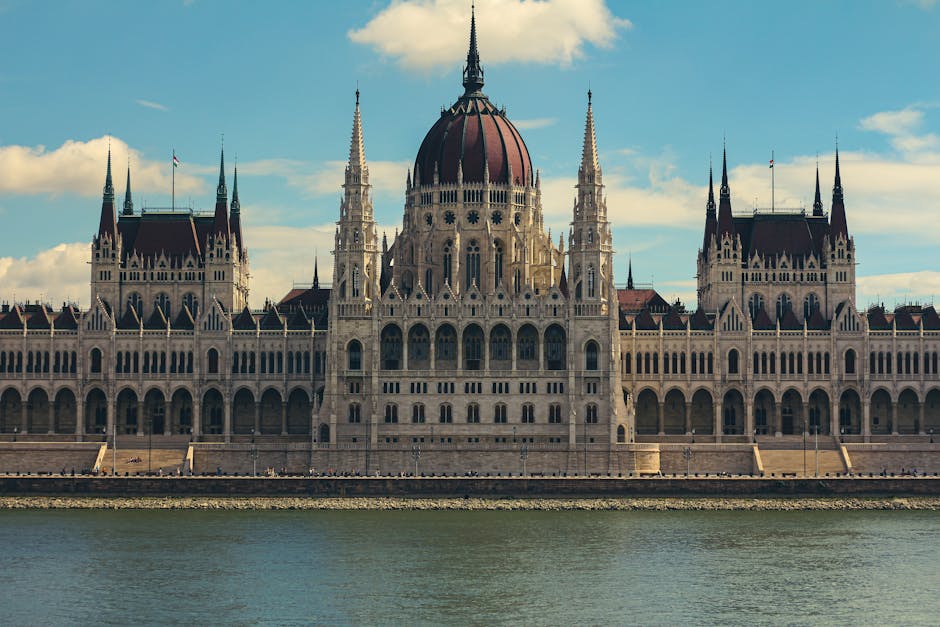A thorough understanding of this complex relationship requires recognizing that culture encompasses a broad spectrum of factors. From deeply ingrained religious beliefs to unspoken societal norms, the nuances of cultural expression significantly influence political preferences. Examining these influences helps illuminate the diversity of political systems across the globe and allows for a more nuanced comprehension of contemporary political issues.
The Role of Shared Values in Shaping Political Ideologies
Shared values, often deeply rooted in a nation’s history and heritage, are foundational to the development of political ideologies. These values, sometimes explicitly articulated and sometimes subtly implied, influence the kinds of political systems and policies that gain traction. Societies prioritizing collective well-being, for example, might lean towards socialist or welfare-state models, while those emphasizing individual liberty and economic freedom might embrace liberal democracies.
Cultural perspectives on authority and hierarchy also contribute to this dynamic. Societies with more hierarchical structures may gravitate towards authoritarian or traditional forms of governance, while cultures emphasizing egalitarianism and individual rights often favor democratic systems. The acceptance of differing opinions and the tolerance for dissent can vary widely across cultures, directly impacting political freedoms and tolerance.
Religious beliefs are another powerful cultural force shaping political choices. Faith-based traditions often offer a moral framework for understanding social order and societal expectations. Religious values can profoundly influence views on issues such as abortion, same-sex marriage, and social welfare, thereby influencing political choices made by those adherents. The influence of religion can be particularly significant in societies where religious institutions hold substantial social and political power.
Cultural Norms and Political Participation
Beyond specific values, cultural norms, customs, and practices influence political engagement. The perception of what constitutes appropriate behaviour in political discourse, participation in elections, and advocacy all derive from cultural traditions. Some cultures may foster a strong sense of civic duty, encouraging high voter turnout and active participation in political movements. Conversely, other cultures might not instill the same sense of obligation, potentially leading to lower levels of political engagement.
Traditional gender roles, deeply entrenched in certain societies, can influence political participation and representation. Cultural norms dictating specific roles for men and women can limit opportunities for women in politics and public life, potentially impacting policies relating to issues such as gender equality.
Influence of Communication Styles and Political Discourse
Cultural differences play a significant role in how political information is communicated and how that communication is interpreted. The dominant communication styles and rhetoric employed in political discourse are deeply rooted in a given culture. For example, direct confrontation in expressing disagreement is acceptable and expected in some cultures while considered aggressive or disrespectful in others. Understanding these variations is crucial for interpreting political narratives and preventing misinterpretations.
The use of symbolism and imagery in political campaigns is also profoundly shaped by cultural contexts. Symbols and images that resonate with one culture may be completely ineffective or even offensive in another.
The Impact of Economic Systems on Political Choices
Cultural values often align with economic philosophies, influencing political preferences related to economic policy. Cultures emphasizing collective responsibility and shared wealth often support policies like extensive social safety nets and government intervention in the economy. Conversely, cultures valuing individual initiative and free-market principles might lean towards lower taxes, less government regulation, and reduced social welfare programs. This connection highlights how the values that shape a nation’s economic system often also guide its political choices.
Cultural Influences on the Structure of Political Institutions
The very structures of political institutions often reflect underlying cultural values. For instance, the level of centralized versus decentralized governance can be influenced by the degree of collectivism or individualism present in a society. Cultures emphasizing strong community ties might favor more participatory forms of governance and decision-making. Conversely, cultures prioritizing individual freedom might favour more limited government.
The legal system’s foundations are often built on cultural precepts, influencing how justice is dispensed and conflicts are resolved. The emphasis placed on individual rights versus collective needs can significantly impact the legal framework of a nation.
Cultural Influences on Global Politics
Cultures aren’t confined by national borders. Cultural influences play a vital role in shaping international relations. Shared cultural values can foster cooperation and understanding, while diverging viewpoints can lead to conflict and misunderstanding. The interplay of cultural perspectives significantly influences international agreements, trade negotiations, and diplomatic relations.
Understanding the interconnectedness of culture and politics is crucial in navigating the complexities of the contemporary world. A nuanced approach to political analysis requires an acknowledgement of the diverse and complex influences that culture exerts. This knowledge allows for a deeper understanding of global political systems, and enables a more empathetic and informed engagement with international relations.






